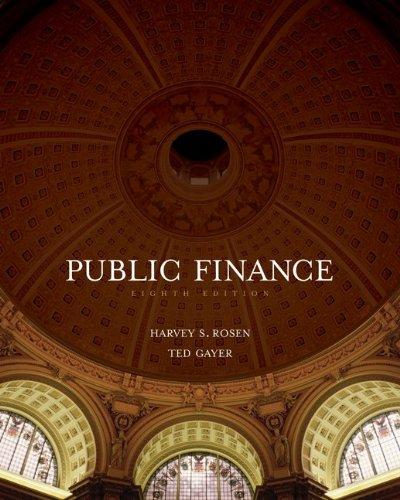Assume that the demand curve for milk is given by (Q=100-10 P), where (P) is the price
Question:
Assume that the demand curve for milk is given by \(Q=100-10 P\), where \(P\) is the price per gallon and \(Q\) is the quantity demanded per year. The supply curve is horizontal at a price of 2.
a. Assuming that the market is competitive, what is the price per gallon of milk and the number of gallons sold?
b. With the connivance of some politicians, the dairy farmers are able to form and maintain a cartel. (Such a cartel actually operates in the northeastern United States.) What is the cartel price, and how many gallons of milk are purchased? [Hint: The marginal revenue curve (MR) is given by \(\mathrm{MR}=10-Q / 5\). Also, remember that the supply curve shows the marginal cost associated with each level of output.]
c. Whar are the rents associated with the cartel?
d. Suppose that in order to maintain the cartel, the dairy farmers simply give lump-sum campaign contributions to the relevant politicians. What is the maximum contribution they would be willing to make? What is the deadweighi loss of the cartel?
e. Suppose that instead of lump-sum contributions to politicians, the dairy farmers hire lobbyists and lawyers to make their case in Congress. How does this change your estimate of the deadweight loss associated with this rent-seeking activity?
Step by Step Answer:






